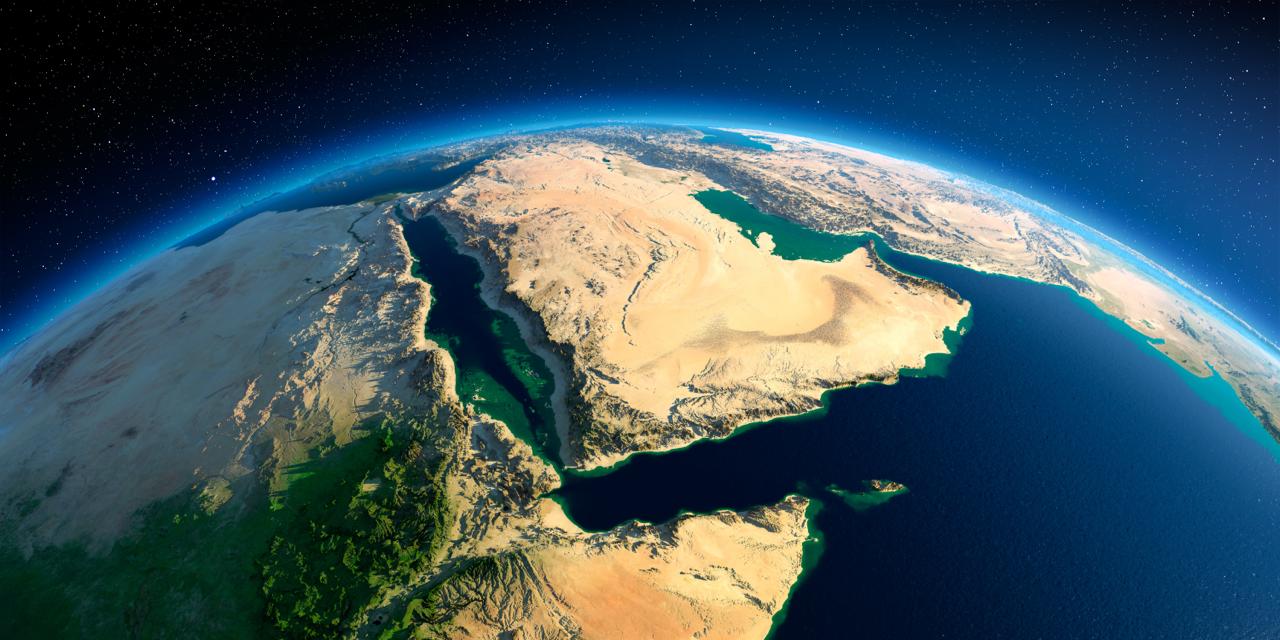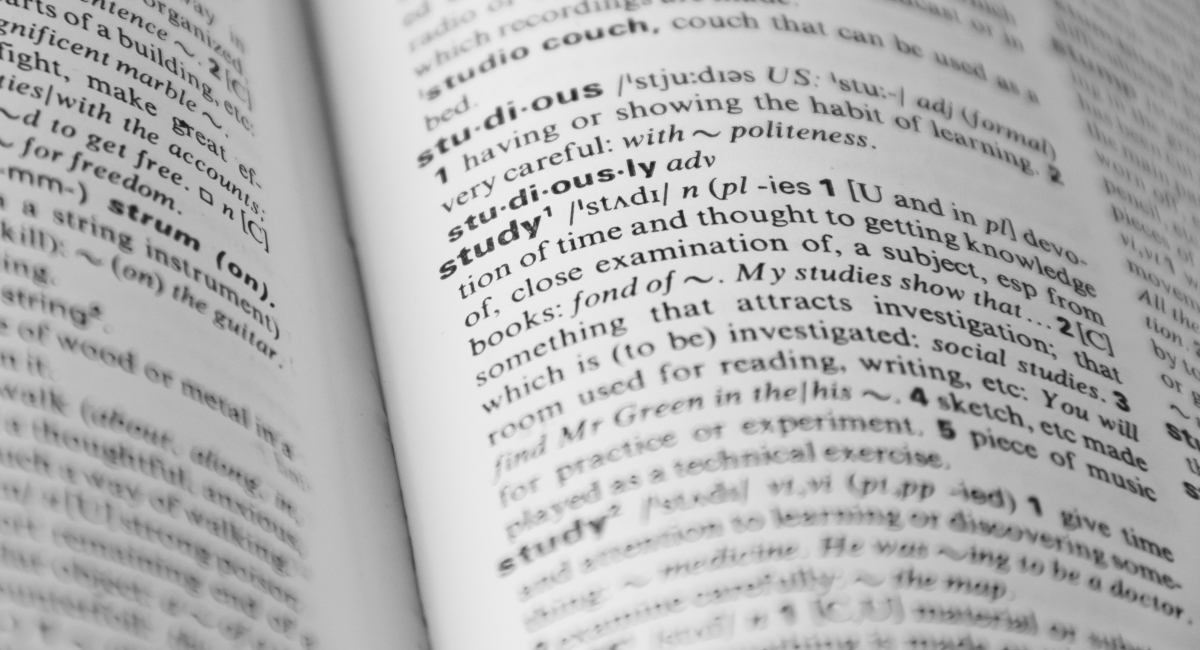The History of the Arabic Language
Arabic is one of the famous languages that has wide global popularity; it is a part of the Central Semitic language family, which includes Aramaic, Hebrew, and Phoenician. The Arabic language is believed to have evolved from Aramaic more than a millennium ago among the Bedouin nomadic tribes in the deserts of the Arabian peninsula (the word “Arab” means “nomad”).
In the 7th century, the Islamic conquests begin and Arabic spread far and wide across the Middle East, North Africa, Central and Western Asia, and even it reached parts of China. The intake of native Arabs’ language, religion, and culture helped plant the seed for Arabic to sprout over the centuries to come.
The Arabic language has technically deemed a macrolanguage that comprises 30 different varieties; for example, spoken Arabic of North Africa is notably different from that of the Persian Gulf. All Arabic speakers have their own native colloquial variety, but most of them learn Modern Standard Arabic, which is the universal pluricentric variety preferred in the media, the workplace, professional translation, and the law. Furthermore, it is the only variant taught at all levels of education. Classical Arabic is the version found in literary texts from the 7th to 9th centuries and in the Holy Quran.
Nowadays, classical Arabic is not a spoken tongue but is still the language of religion throughout the Arab world, and much of its grammar and vocabulary is the same as that of Modern Standard Arabic.
Arabic Speaking Countries Map
The majority of Arabic speaking countries are concentrated in the Arabian Peninsula, the Middle East, and North Africa, which is known as “The Arab World”. However, there are around 25 Arab speaking countries that claim Arabic as an official or co-official language including, Saudi Arabia, Chad, Algeria, Comoros, Eritrea, Djibouti, Egypt, Palestine, Lebanon, Iraq, Jordan, Lebanon, Kuwait, Mauritania, Morocco, Oman, Qatar, Somalia, Sudan, Syria, Tanzania, Tunisia, United Arab Emirates, and Yemen. While there are 6 sovereign states in which Arabic is a national language or “recognized minority language” such as Turkey, Niger, Iran, Senegal, and Mali.
You can also find many Arabic speakers distributed across the whole world, as millions of Arab migrants resettled over the past few generations including, Southeast Asia, Brazil, Europe, Canda, and the United States.
Below you will find a table that shows all the Arabic Speaking Countries:
Countries where Arabic is an Official Language
No | Country | Population | No. of Arabic Speakers |
1 | Egypt | 100,000,000 | 82,449,200 |
2 | Algeria | 41,701,000 | 40,100,000 |
3 | Sudan | 40,235,000 | 28,164,500 |
4 | Iraq | 36,004,552 | 22,908,120 |
5 | Morocco | 35,250,000 | 25,003,930 |
6 | Saudi Arabia | 30,770,375 | 27,178,770 |
7 | Yemen | 23,833,000 | 14,671,000 |
8 | Syria | 20,956,000 | 17,951,639 |
9 | Tunisia | 10,982,754 | 10,800,500 |
10 | Somalia | 10,428,043 | 3,788,000 |
11 | Chad | 10,329,208 | 1,320,000 |
12 | United Arab Emirates | 9,346,129 | 3,607,600 |
13 | Jordan | 6,655,000 | 5,083,300 |
14 | Eritrea | 6,380,803 | 249,700 |
15 | Libya | 6,244,174 | 4,526,000 |
16 | Lebanon | 4,965,914 | 4,180,000 |
17 | Palestine | 4,484,000 | 3,762,076 |
18 | Oman | 4,055,418 | 2,518,816 |
19 | Mauritania | 3,359,185 | 3,140,000 |
20 | Kuwait | 2,789,000 | 1,735,000 |
21 | Qatar | 2,155,446 | 1,215,900 |
22 | Bahrain | 1,343,000 | 690,302 |
23 | Tanzania | 1,303,569 | |
24 | Djibouti | 810,179 | 97,900 |
25 | Comoros | 798,000 |
Why Arabic is an Important Language?
Arabic is one of the most important languages in the world; it’s the language of the Holy Quran. If you travel a lot anywhere in the Islam-practicing world, you might need to brush up on your Arabic. Moreover, knowing Modern Standard Arabic will help you converse with the hundreds of millions of speakers around the globe. Otherwise, you might need some translation services to assure well-communication.
Knowing Arabic is incredibly important in the realm of your business development, especially in real estate, construction, technology, and any other industries that have given big economic boosts to many petroleum powerhouse countries like KSA that claim Arabic as its official language.
If you can communicate Arabic in a professional environment, you’ll likely be a hot commodity for many companies and organizations that conduct business in the Arabic world. The same thing goes for governmental, diplomatic, and political occupations that address and deal with the policy in the Arab world. If you have a business in one of the Arabic speaking countries or want to want to start a partnership over there, Tarjama would help you reach your goals and well-express yourself. You can check Tarjama services for enterprises from here.


















